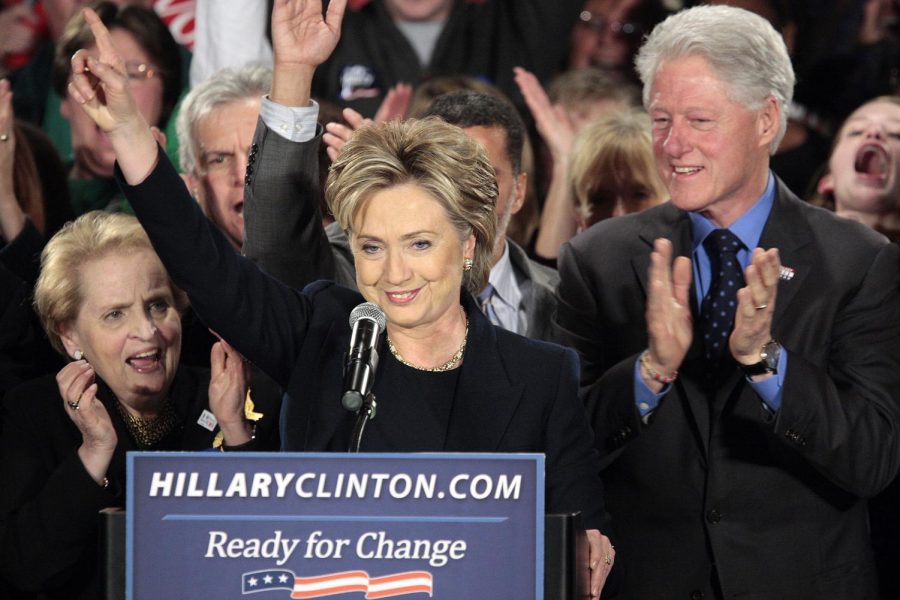5 things to know for Monday’s Iowa Caucus
-
Some candidates may drop out after Iowa.
Former Arkansas governor Mike Huckabee, who has been a frequent participant in the Republican undercard debate due to his low polling numbers, claimed if he is not in the top three in Iowa, he will drop out of the presidential race. Gov. Huckabee has a Christian-conservative base and popularity with gay marriage opposers. He has centered a majority of his campaign in Iowa, including a commercial during several bowl games such as the featured Rose Bowl, which the Iowa Hawkeyes. Former Hewlett Packard CEO Carly Fiorina, Sen. Rand Paul and former Pennsylvania senator Rick Santorum are polling similarly to the former governor, but have not given any indication of dropping out.
-
Sanders is leading Clinton in recent Iowa polls.
Early in the race for the Democratic nomination, former secretary of state Hillary Clinton took a commanding lead over Sen. Bernie Sanders and former Maryland governor Martin O’Malley. Recently, however, Sen. Sanders’s polling numbers have increased nationally. In fact, in a recent, Jan. 21 CNN poll, Sanders leads 51 percent to Clinton’s 43. Although Sanders has a lead in the polls, Iowa is still up for grabs.
-
Trump is leading in recent Iowa polls.
Donald Trump has risen in popularity among working class Republicans who lack faith in the establishment. Trump’s polling numbers have risen in spite of, and possibly because of, many controversial comments. In the same CNN poll, Trump leads the crowd of Republican candidates with 37 percent in Iowa. Senators Ted Cruz of Texas and Marco Rubio of Florida are not far behind with 26 percent and 16 percent of the votes.
-
Iowa helps predict the nominees.
Although winning the Iowa Caucus can be a great boost to national polling numbers, the caucus results do not necessarily reflect the nation’s views and should be taken with a grain of salt. Winning Iowa does not guarantee a nomination. In fact, the last time a Republican won Iowa and became the nominee was George W. Bush in 2000. However, the last three Democratic winners in Iowa have become the nominee.
5. The race really begins Monday.
Although there has been a lot of political movement, debates and campaigning leading up to Iowa, Monday’s caucus will be the first real look at who American Democrats and Republicans want to represent their respective parties. After Iowa, the focus will shift to New Hampshire and then to South Carolina leading up to the national conventions in July. The Democratic National Convention will be held in Philadelphia and the Republican National Convention will be in Cleveland. There, the candidates will be narrowed down to just one Republican and one Democratic candidate.
Ben Kindel is a politics correspondent for The Kent Stater. Contact him at [email protected].



